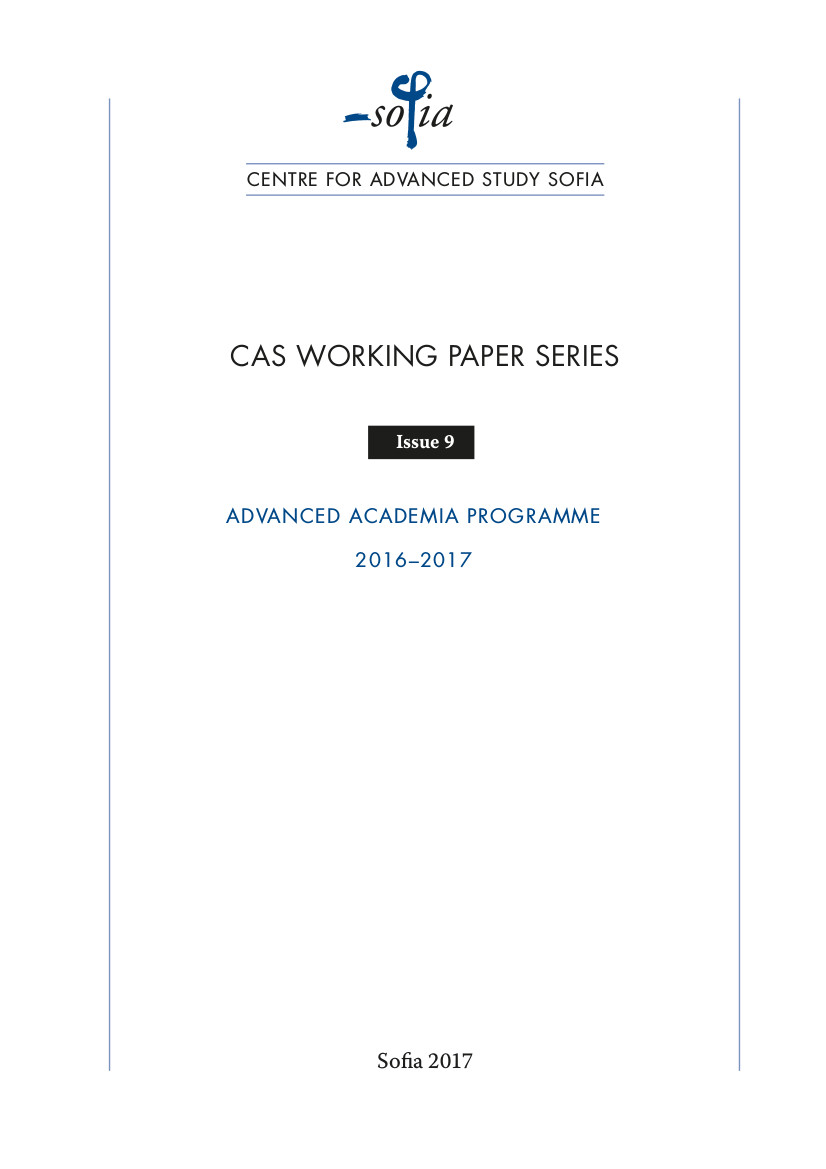Human Understanding: Finitude, Incommensurability, and Plurality
Human Understanding: Finitude, Incommensurability, and Plurality
Author(s): Alexander KanevSubject(s): Philosophy
Published by: Centre for Advanced Study Sofia (CAS)
Keywords: philosophy
Summary/Abstract: The aim of this paper is to shed new light on human understanding by discussing the nature of its limitations. There are diverse practices of understanding of reality, viz., science, philosophy, religion, and art. They all contribute to our making sense of things and they all have their substantial limitations. Here I deal mostly with the limitations of scientific discourses. I urge that the bounds of human understanding are to be traced back to the interplay of the structure of reality and the structure of the givenness of reality. Roughly, the structure of reality is constituted by the ontological conditions of the difference between being and non-being. This difference is the ultimate source of metaphysical necessity, but it is not immediately possible. Thus, everything that makes it possible is metaphysically necessary too. If different categorial frameworks can enable the difference between being and non-being, then, necessarily, there is a plurality of worlds with incommensurable categorial structures. I argue, further, that the structure of the appearance of reality involves an interplay of revealing and concealing: any finite way of revealing things tends to conceal fundamental conditions and possibilities of their existence. Thus, there emerge discrepancies between our understanding of what is (im)possible and what is (im)possible in reality. I call the phenomenon of these discrepancies modal incommensurability. It is beautifully captured in John Haldane’s famous thought that “the universe is not only queerer than we suppose, but queerer than we can suppose.” (Haldane, 1927: 286). Furthermore, I suggest that the limitations of our practices of making sense of things are not immutable but flexible and historical in nature: we do make progress in understanding reality. In order to facilitate intellectual and cultural progress, we need to embrace a thoroughgoing pluralism about the diverse practices of understanding – not only in political and cultural life but also in hard sciences and religion. However, pluralism should be clearly distinguished from relativism. It is arguably the best way to avoid the pitfalls of relativism without falling in the trap of dogmatism.
Journal: CAS Sofia Working Paper Series
- Issue Year: 2017
- Issue No: 9
- Page Range: 1-24
- Page Count: 24
- Language: English

